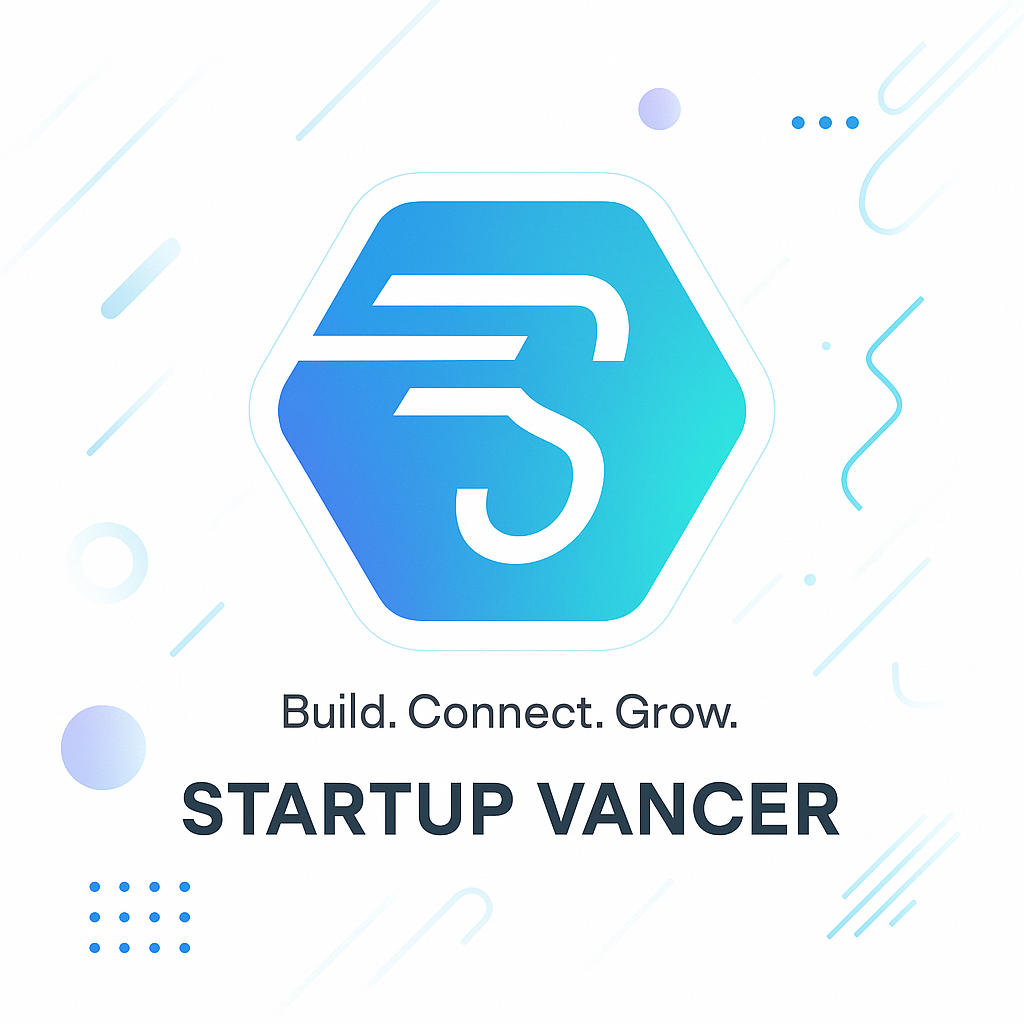
Building a diverse and effective startup team is crucial for navigating the challenges of the ever-evolving business landscape. In this guide, you’ll discover practical tips for enhancing your hiring strategy by focusing on recruiting across various skill sets and nurturing team diversity. Emphasizing an inclusive culture not only fosters innovation but also attracts top talent, making your talent acquisition process smoother. Moreover, you’ll learn how to balance in-house staff with external talent seamlessly, ensuring a robust team dynamic that drives success. Let’s dive in and explore the essential steps to create a balanced startup team that stands out.
Recruiting Across Skill Sets
When embarking on the journey of startup team building, the first step is to focus on recruiting across skill sets. This strategy ensures that your team comprises a variety of talents and experiences, ultimately enhancing your startup’s innovation potential and adaptability. To achieve this, consider the following points:
- Identify Core Needs: Start by defining the skills essential for your startup’s success. Are you gearing towards tech development, marketing expertise, or financial acumen? Pinpointing these requirements allows you to align your recruitment efforts effectively.
- Prioritize Diversity: Strive for team diversity by actively seeking candidates from various backgrounds and industries. This not only enriches your team’s problem-solving capabilities but also fosters unique perspectives. According to research, diverse teams tend to perform better, as they can approach challenges creatively and collaboratively.
- Leverage Multiple Recruitment Channels: Don’t limit yourself to conventional job boards. Use social media platforms, industry-specific forums, and networking events to reach a broader pool of talent. Consider initiatives such as hackathons or workshops, where you can observe candidates in action and assess their skills firsthand.
- Incorporate Behavioral Assessments: Utilize tools that evaluate candidates’ soft skills alongside technical competencies. Skills such as communication, adaptability, and teamwork are just as crucial in a startup environment. Behavioral assessments can offer deeper insights into how potential hires might fit into your existing team dynamic.
- Encourage Referrals: Your current employees can be invaluable resources for sourcing talent. Encourage them to refer candidates from their networks who possess complementary skills. This can yield high-quality hires who are already aligned with your startup’s culture.
| Strategy Type | Description |
|---|---|
| Identify Core Needs | Define essential skills for your startup. |
| Prioritize Diversity | Seek diverse candidates to enhance creativity. |
| Leverage Multiple Channels | Use varied platforms to broaden your talent pool. |
| Incorporate Behavioral Assessments | Evaluate soft skills and fit for the team. |
| Encourage Referrals | Utilize your current network for high-quality hires. |
By focusing on recruiting across skill sets, you can assemble a balanced startup team that not only meets immediate project needs but is also adaptable to future challenges. This approach sets a strong foundation for your startup’s growth and success, making it crucial to your overall hiring strategy.

Fostering an Inclusive Culture
Fostering an inclusive culture in your startup is imperative for creating a diverse and effective team. An inclusive environment not only makes every team member feel valued but also encourages a range of perspectives and ideas that drive innovation. Here are several strategies to help you build an inclusive culture within your startup.
Promote Open Communication
Encouraging open lines of communication is essential when fostering inclusion. Use tools like regular check-ins, feedback loops, and idea-sharing sessions. This transparency allows every team member to feel comfortable sharing their thoughts, promoting a culture where diverse opinions are not just tolerated but celebrated. As a leader, demonstrating receptiveness to feedback fosters trust and involvement among team members.
Provide Equal Opportunities
It’s vital that all employees have equal access to opportunities for development and advancement. Create clear pathways for professional growth that are available to everyone, regardless of their background. This could mean offering mentorship programs, training workshops, or diverse project assignments tailored to individual strengths and interests. By doing this, you’ll not only support your team’s professional journeys but also enhance overall team diversity.
Encourage Cultural Celebrations
Community engagement is a powerful way to value diverse backgrounds. Organize cultural celebration events, workshops, or even casual team lunches where members can share their traditions and personal histories. This not only bridges gaps between team members but also enhances mutual understanding and respect. When employees feel their culture is celebrated, it strengthens their connection to the startup, ultimately leading to higher retention rates and team morale.
Cultivate a Safe Environment
Creating a safe space for discussions around difficult topics is crucial in nurturing inclusivity. Encourage an environment where everyone knows they can express concerns without fear of judgment or retribution. This may involve providing training on sensitivity and awareness, helping all team members feel equipped to engage in constructive conversations about inclusion and diversity.
Table: Key Strategies for Fostering an Inclusive Culture
| Strategy | Description |
|---|---|
| Open Communication | Facilitate transparent discussions and feedback opportunities. |
| Equal Opportunities | Offer accessible professional growth paths to all employees. |
| Cultural Celebrations | Organize events to celebrate diverse backgrounds and foster community. |
| Safe Environment | Ensure discussions around difficult topics can happen without fear. |
Fostering an inclusive culture is not a single task; it’s an ongoing commitment that can transform your startup. By implementing these strategies, you not only enhance the sense of belonging among your team members but also align your talent acquisition efforts with your core business values. This resonates well through positive engagement and higher productivity, setting a solid foundation for your startup’s success.
Balancing In-house vs Outsourcing
When building a startup team, one vital decision you’ll face is how to balance your in-house staff with outsourced talent. This choice can significantly impact your company’s efficiency, culture, and overall success. To create an effective hiring strategy, consider the following key factors for finding the right balance.
First, identify your project’s specific needs. What tasks require full-time dedication, and which can be handled more effectively by freelancers or consultants? For instance, consider leveraging in-house employees for core competencies critical to your startup’s vision, such as product development or customer support. These roles should be filled by team members who embody your company culture and values.
Next, for specialized tasks or short-term projects — like graphic design, software development, or marketing campaigns — outsourcing can be advantageous. External talent brings in fresh perspectives while allowing you to adapt quickly to market demands. This flexibility is essential in today’s fast-paced startup environment, where adaptability often leads to success.
Additionally, embrace team diversity by utilizing remote talent from various backgrounds and locations. Outsourcing can introduce innovative ideas and perspectives, fostering a culture of inclusiveness. This broadened talent pool ensures you do not miss out on valuable skills that may not be available locally.
However, ensure that communication remains seamless. Establish clear guidelines and maintain regular check-ins with outsourced teams. This approach allows for effective collaboration and ensures that all personnel, whether in-house or external, remain aligned with your startup’s objectives.
In summary, balancing in-house and outsourced talent requires thoughtful consideration. By strategically evaluating your team’s skill sets and employing a thoughtful talent acquisition approach, you can assemble a team that not only drives projects forward but also enhances your company’s culture and innovation.
Frequently Asked Questions
Why is diversity important in a startup team?
Diversity within a startup team is crucial because it fosters creativity and innovation by bringing together unique perspectives and experiences. A diverse team can approach problems from various angles, leading to more innovative solutions. Furthermore, it helps in understanding and catering to a broader customer base, which is especially essential in today’s global market. A diverse team can improve problem-solving capacity and enhance team performance as well.
How can a startup effectively recruit diverse talent?
To recruit diverse talent, startups should actively focus on inclusive hiring practices. This includes posting job openings in platforms that cater to underrepresented groups and utilizing blind hiring techniques to reduce bias in the selection process. Building a strong employer brand that values diversity can attract a wider range of candidates. Additionally, outreach programs or partnerships with organizations that support underrepresented professionals can further boost diversity in recruitment efforts.
What steps can a startup take to maintain an inclusive team culture?
Maintaining an inclusive team culture involves continually promoting open communication and encouraging all voices to be heard. Conducting regular diversity and inclusion training can educate team members on the value of diverse perspectives. Startups should also create initiatives that celebrate cultural differences, such as diversity days or team-building activities that focus on inclusivity. Establishing mentorship programs and allowing flexible work arrangements can further solidify a culture that values and supports diversity.






